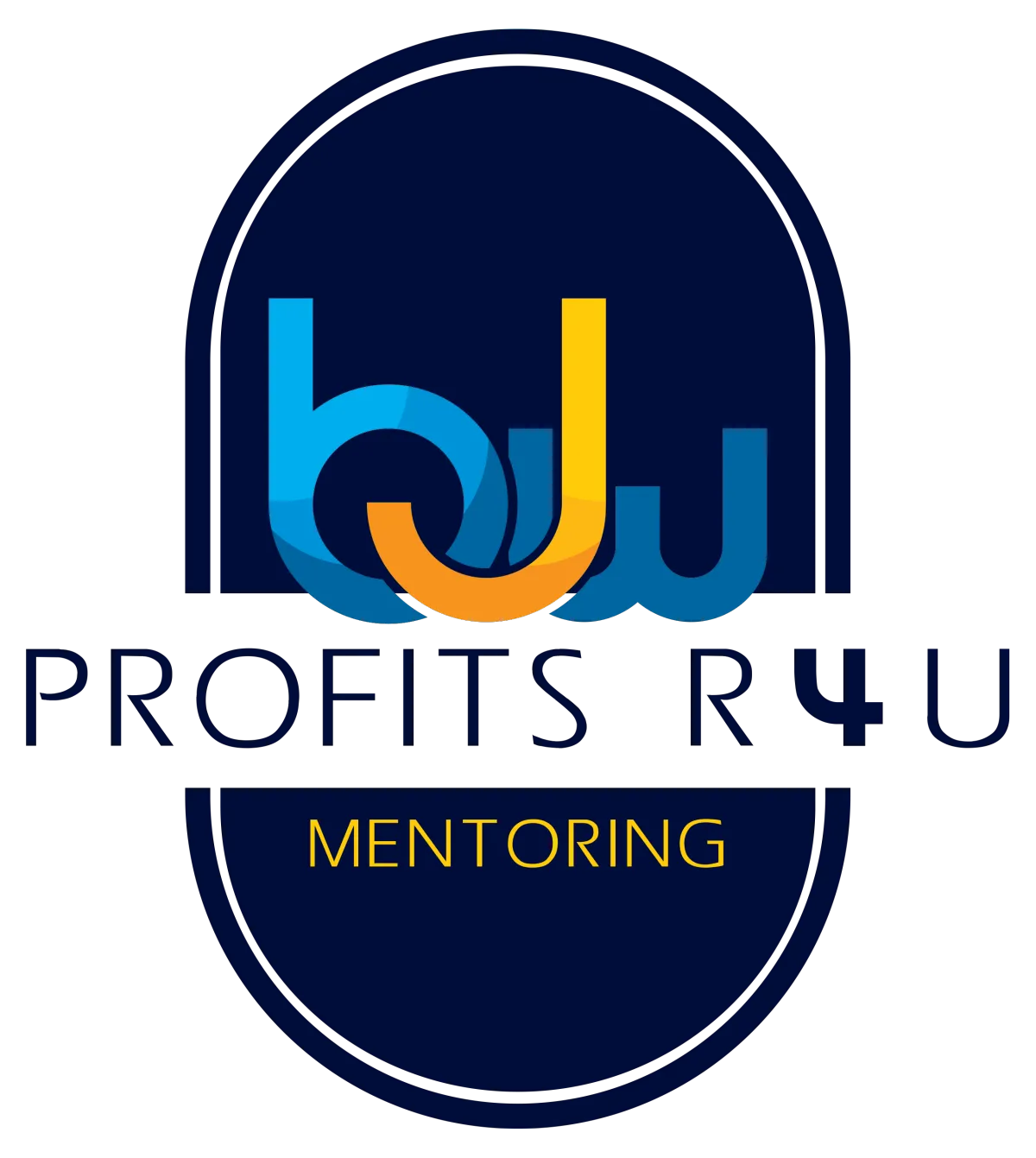Financial Management Task Checklist
Introduction
Managing your business finances isn’t just about tracking numbers , it’s about creating a system that keeps your books accurate, your cash flow healthy, and your business decisions informed.
This checklist breaks your financial tasks into weekly, monthly, quarterly, and annual actions so you know exactly what to do and when to do it.
Follow it consistently to avoid last-minute scrambles, missed deadlines, or costly mistakes.
WEEKLY CHECKLIST
Go online and check your bank balances to make sure they are on track
Make deposits and record client payments.
Make bank transfers between accounts
Review outstanding invoices and bills: Follow up on overdue payments and ensure all bills are paid on time
Obtain WCB Clearance from subject subcontractors before you pay them
Obtain Business Number or Social Insurance Number from subcontractors that need a T4A or T5018
Monitor your cash flow to anticipate any upcoming expenses or income.
Review payroll: Verify that all employee hours are accurately recorded and process payroll accordingly.
MONTHLY CHECKLIST
Record all transactions: Ensure all income and expenses are accurately recorded in your accounting system.
Make monthly payroll tax deposits (if applicable)
Reconcile bank accounts
Reconcile credit card & loan & other liability accounts
Generate financial statements: Produce monthly income statements, balance sheets, and cash flow statements to track your financial performance.
Analyze financial performance: Compare your actual financial results against your budget or previous periods to identify trends and areas for improvement.
QUARTERLY CHECKLIST
Conduct a financial review: Review your financial statements and performance metrics to assess the health of your business.
Evaluate business expenses: Analyze your expenses to identify opportunities for cost savings or areas where spending can be optimized
Update budgets and forecasts: Adjust your budgets and forecasts on actual performance.
File quarterly payroll tax returns (if applicable)
File quarterly sales tax returns (if applicable)
Pay other business related taxes.
Plan for taxes: Provide you tax pro with financial reports so they can estimate your quarterly tax liability,
Make your quarterly estimated tax payments.
Verify you have obtained forms from vendors who are subject to tax reporting requirements, ensuring that you have the necessary information for issuing T4A or T5018 forms at year-end.
ANNUAL CHECKLIST
Close out the fiscal year: Complete any necessary year-end adjustments and prepare financial statements for the fiscal year.
Review your financial statements and confirm they are accurate and tax ready.
Provide financial reports to your Tax Pro so they can prepare and file your income tax return
File Business Property Tax Statements
File annual payroll tax returns
Prepare T4As or T5018s
Provide T4s to your employees by February 28th
Prepare T4As and provide to recipients by February 28th
Prepare T5018s and provide to recipients within six months of the business calendar or fiscal year end.
Renew licenses and permits: Ensure that all necessary business licenses and permits are up to date and renewed as required.
Evaluate your insurance coverage, including liability, property, health, and any other relevant policies. Ensure that your coverage adequately protects your business against potential risks and liabilities, and make any necessary adjustments or updates.
Review performance metrics to assess the health of your business.
Plan for the upcoming year: Set goals and develop a budget for the next fiscal year based on your financial performance and business objectives.
best practices
Implementing best practices can help streamline bookkeeping processes, improve accuracy, and ensure compliance with regulations. Here are some best practices for effective bookkeeping:
Maintain Organized Records: Keep all financial documents, including receipts, invoices, bank statements, and tax records, organized and easily accessible. Consider using digital tools such as accounting software and/or cloud storage to store and manage documents electronically.
Consistent transaction categorization: Ensure that all transactions are recorded accurately and consistently. Establish clear guidelines for categorizing expenses and income to maintain consistency across entries.
Regular Reconciliation: Reconcile bank accounts, credit card statements, and other financial accounts on a regular basis to identify discrepancies and ensure accuracy in your records.
Backup Data Regularly: Regularly backup your financial data to prevent loss in case of system failures or data breaches. Store backups securely, either offsite or in the cloud, to ensure data integrity.
Segregation of Duties: Separate duties among different individuals to prevent fraud and errors. For example, the person responsible for recording transactions should not be the same person responsible for authorizing payments or reconciling bank accounts. (unless it is the owner)
Document Processes: Document your bookkeeping processes and procedures to provide guidance for yourself or others involved in financial tasks. This documentation can also be valuable for training new staff members.
Regular Reviews: Conduct periodic reviews of your financial records and reports to identify any anomalies or areas for improvement. This can help catch errors early and improve the overall accuracy of your financial data.
Use Technology Wisely: Take advantage of accounting software and other digital tools to automate repetitive tasks, streamline workflows, and improve efficiency. However, be sure to choose tools that meet your business needs and are user-friendly for you.
Seek Professional Help When Needed: If you encounter complex accounting issues or are unsure about certain aspects of your financial management, don't hesitate to use your membership resources to seek guidance from our expert staff.
By implementing these best practices, you can establish a solid foundation for effective bookkeeping and financial management within your business.

DISCLAIMER: While we strive to provide valuable guidance and support, individual results may vary and are dependent on factors such as individual effort and implementation. We are not liable for any outcomes resulting from the use of our services or products. Clients are responsible for their own actions and results.
Profits R4U ©2026 All Rights Reserved .
bonnie@profitsr4u.ca
